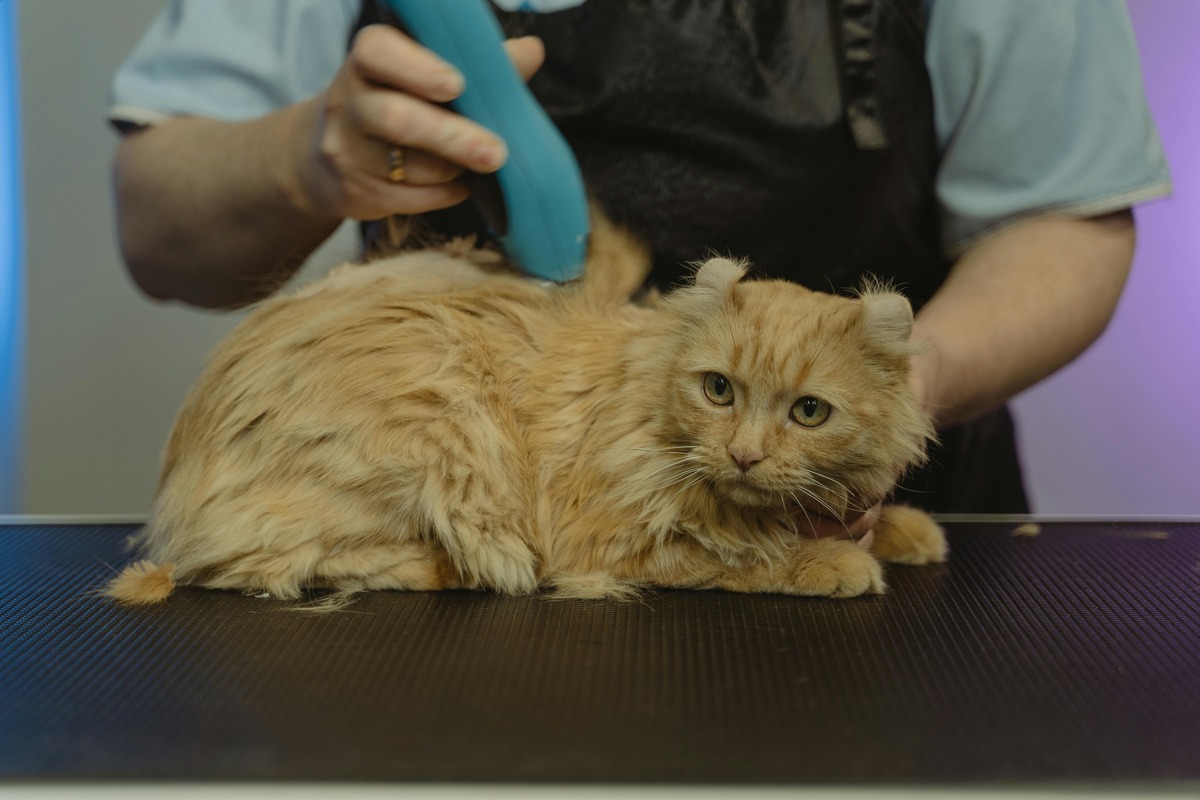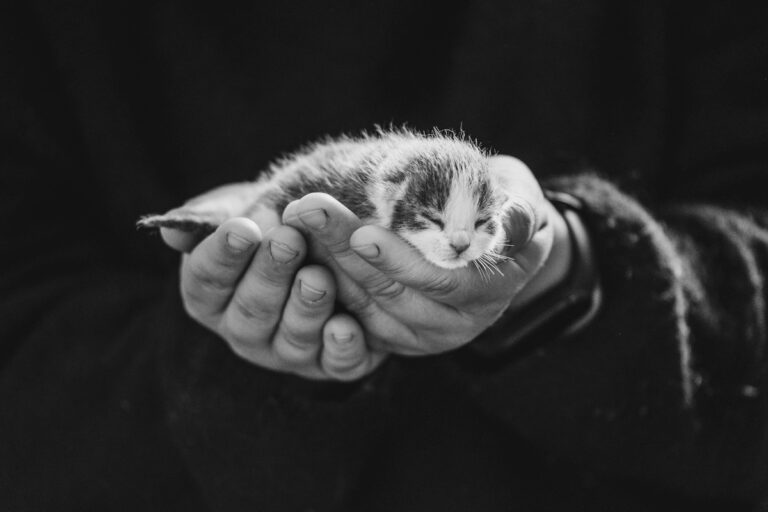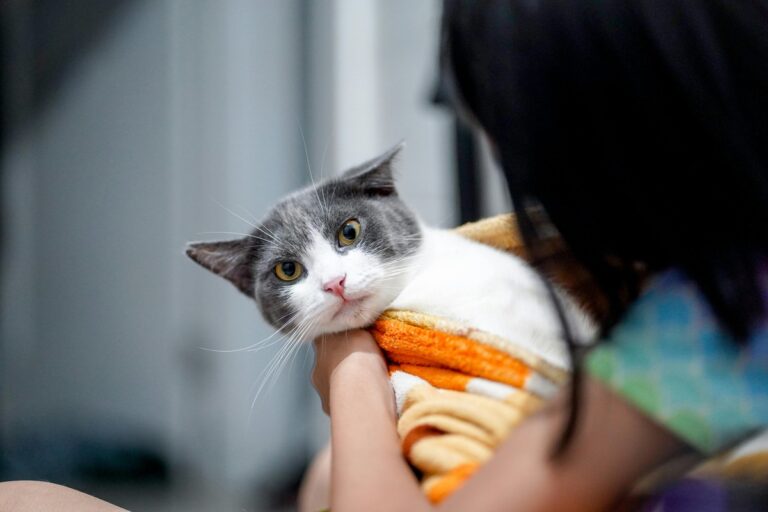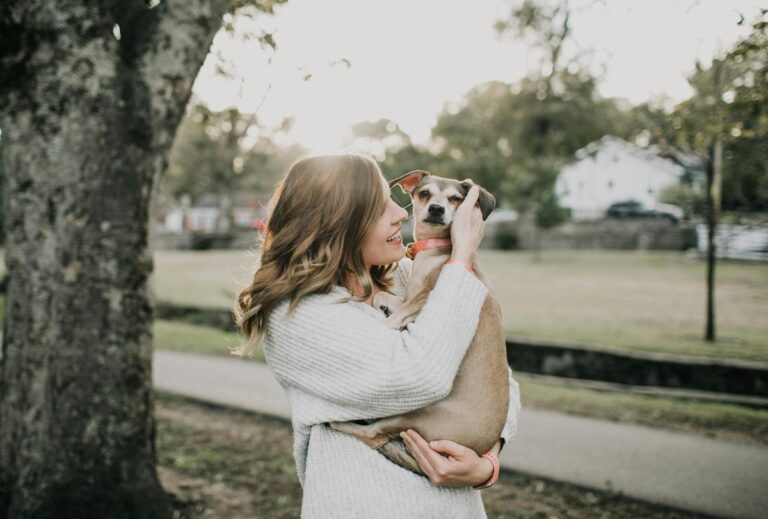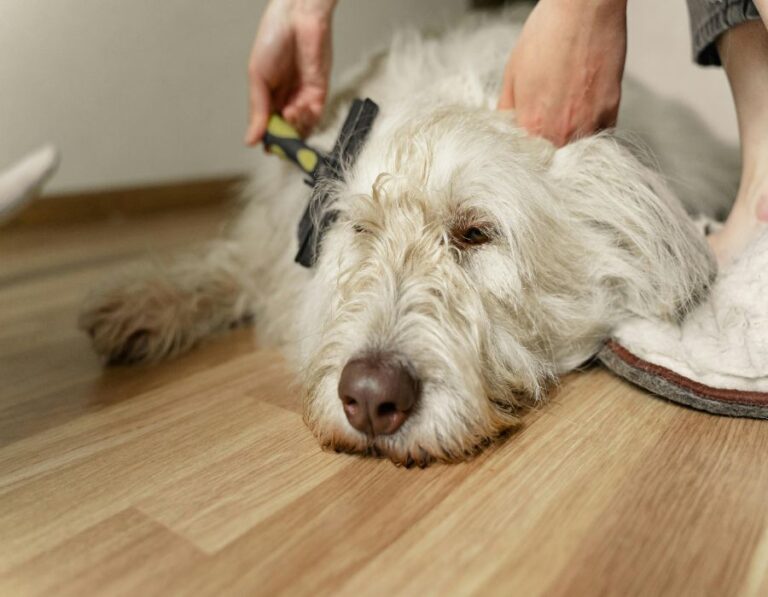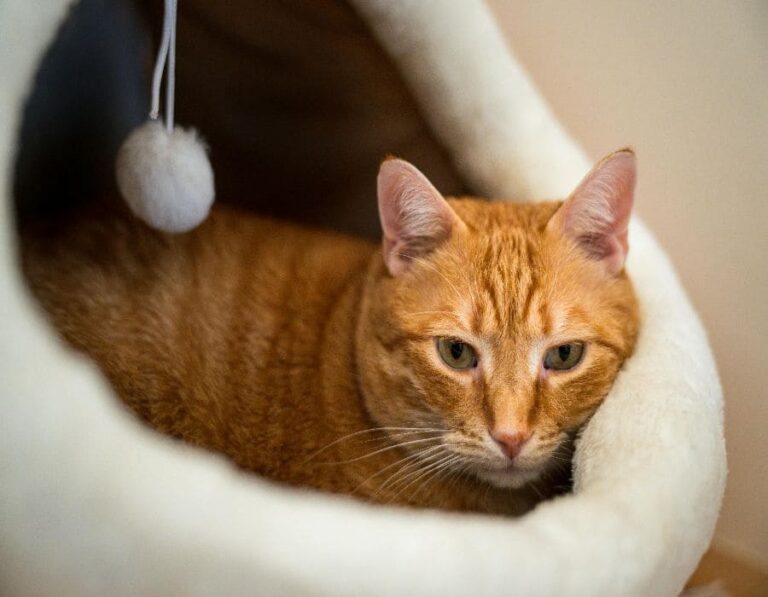13 Subtle Changes Veterinarians Would Not Ignore In Their Cats
Cats are notorious for hiding their discomfort and pain, often masking symptoms until the issue becomes more serious. As a responsible pet owner, it’s important to recognize even the subtle changes in your cat’s behavior or physical appearance. These small alterations can often indicate underlying health problems that may need attention. Here are 13 subtle changes veterinarians would not ignore in their cats, which could signal a potential health issue.
Even the smallest of changes can make a big difference in your cat’s health. It’s essential to stay vigilant and aware of any unusual signs or shifts in behavior to ensure your cat remains in optimal health.
1. Changes in Appetite or Drinking Habits
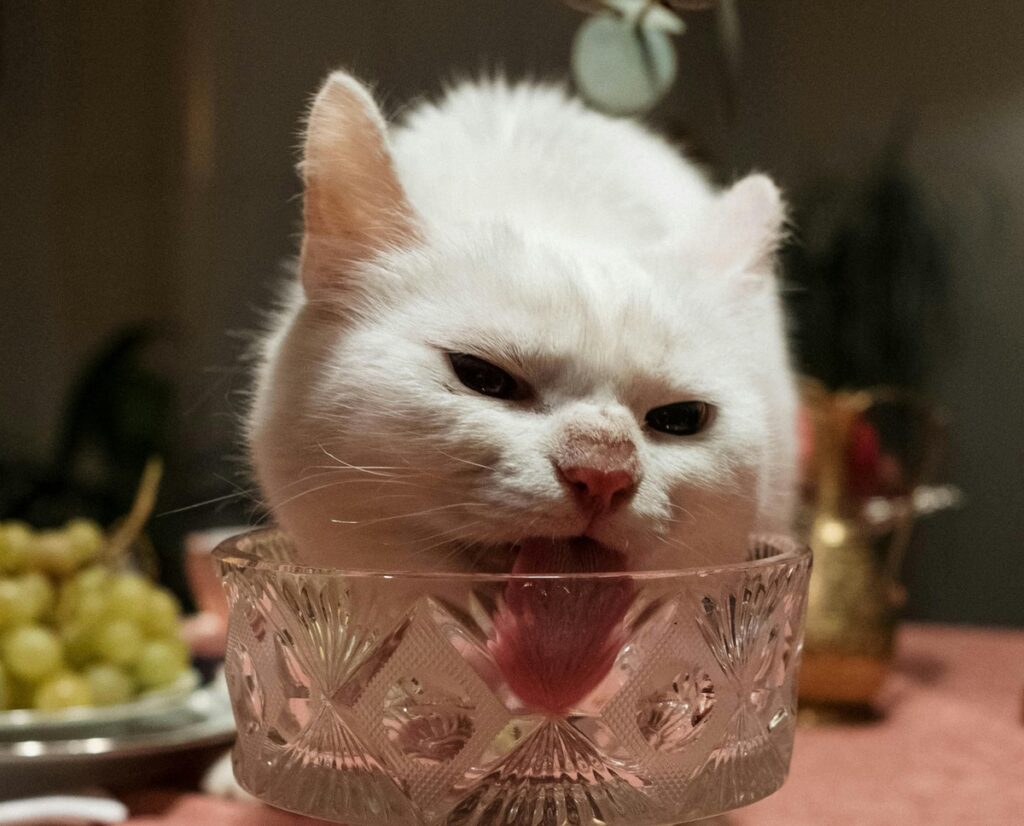
If your cat suddenly starts eating less or refusing food altogether, it could be a sign of digestive issues, tooth pain, or more serious conditions like kidney disease or diabetes. Conversely, an increase in appetite can signal conditions such as hyperthyroidism. Similarly, an increase or decrease in water intake can indicate kidney disease or diabetes, as both conditions cause a cat to drink more to stay hydrated.
2. Weight Loss or Weight Gain
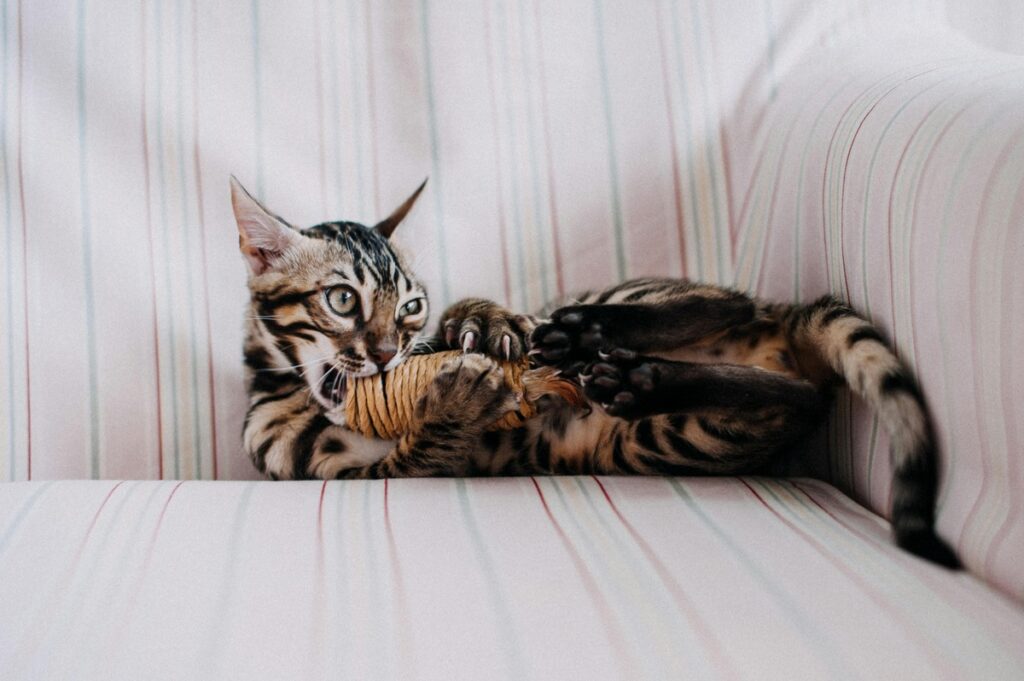
A sudden loss of weight can indicate a number of health issues, including hyperthyroidism, cancer, or malnutrition. On the other hand, unexplained weight gain could signal hypothyroidism, diabetes, or other metabolic disorders. It’s important to monitor your cat’s weight and report any drastic changes to your vet.
3. Lethargy or Decreased Activity
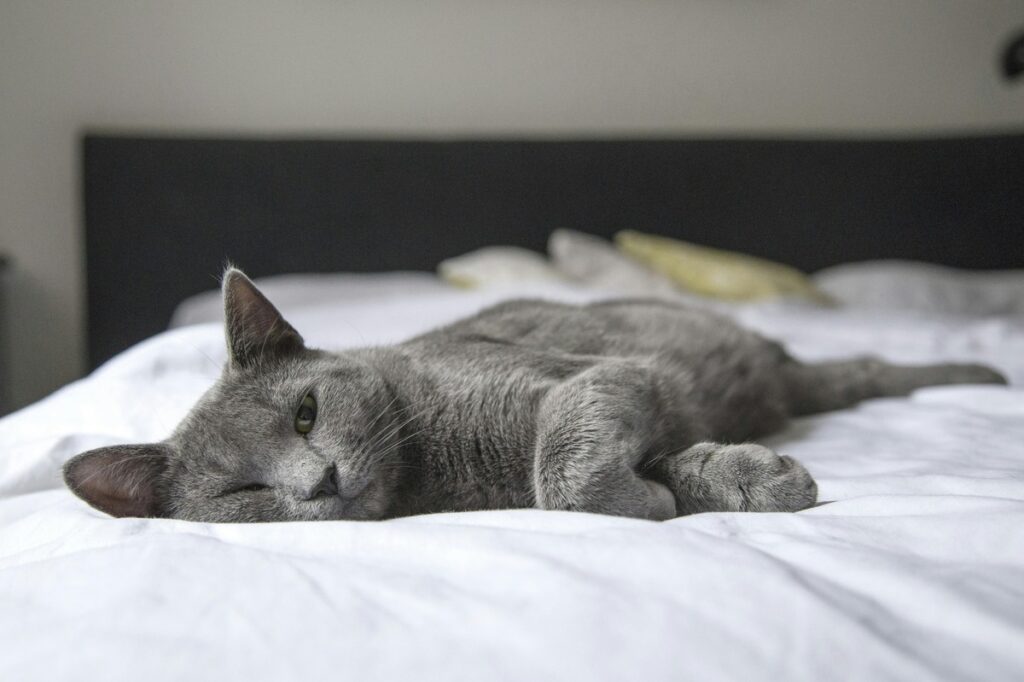
If your cat is usually energetic and suddenly becomes lethargic or less active, it could be a sign of something serious. This change in behavior could indicate conditions such as anemia, infection, or heart disease. A reduction in activity level, especially if accompanied by other signs, warrants a trip to the vet.
4. Excessive Grooming or Lack of Grooming
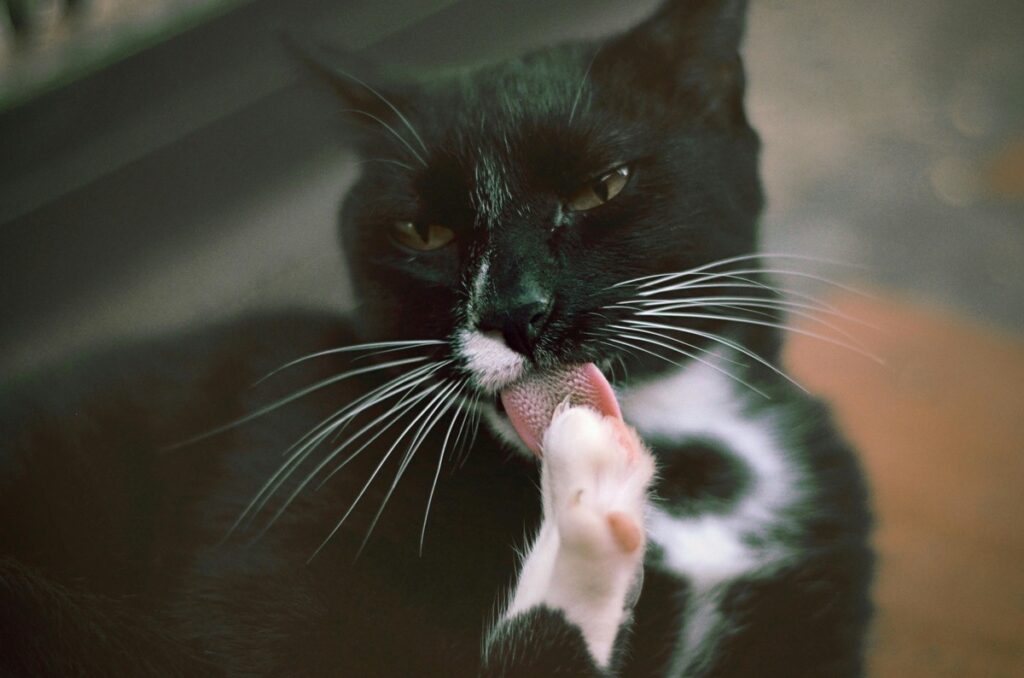
If your cat is grooming excessively, it might be trying to address skin irritation, allergies, or parasites like fleas. On the flip side, a cat that suddenly stops grooming could be suffering from conditions such as arthritis, pain, or depression. Cats that stop grooming may also develop matted fur, which can lead to skin infections.
5. Behavioral Changes or Mood Swings
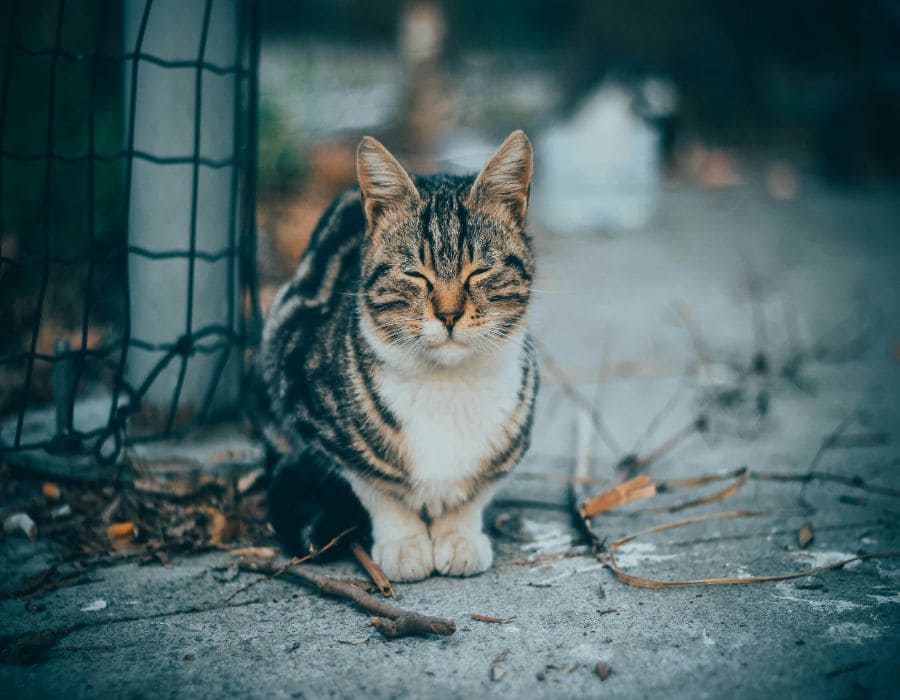
If your cat becomes unusually aggressive, withdrawn, or clingy, it could be experiencing pain, anxiety, or stress. Cats may alter their behavior when they are not feeling well, and sudden changes in their temperament should not be ignored. This could be a sign that your cat is uncomfortable or frightened due to illness.
6. Difficulty Breathing or Coughing
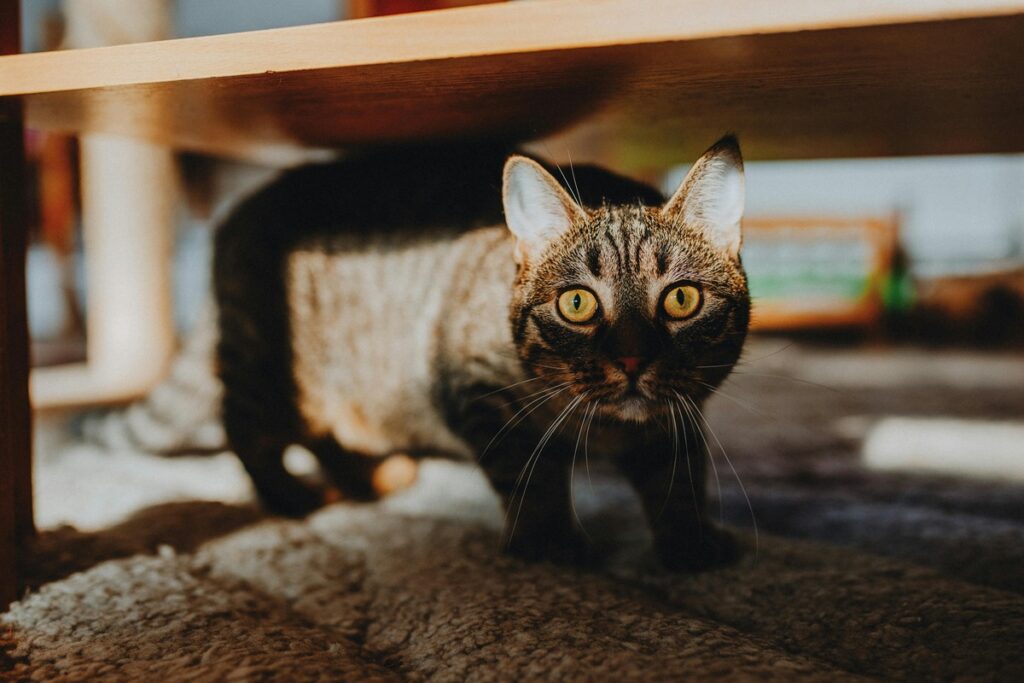
If your cat is coughing, wheezing, or showing signs of labored breathing, this could indicate a respiratory infection, asthma, or heart disease. Difficulty breathing can also be a sign of heart failure or fluid in the lungs. If your cat is breathing abnormally, it’s essential to seek veterinary care immediately.
7. Changes in Litter Box Habits
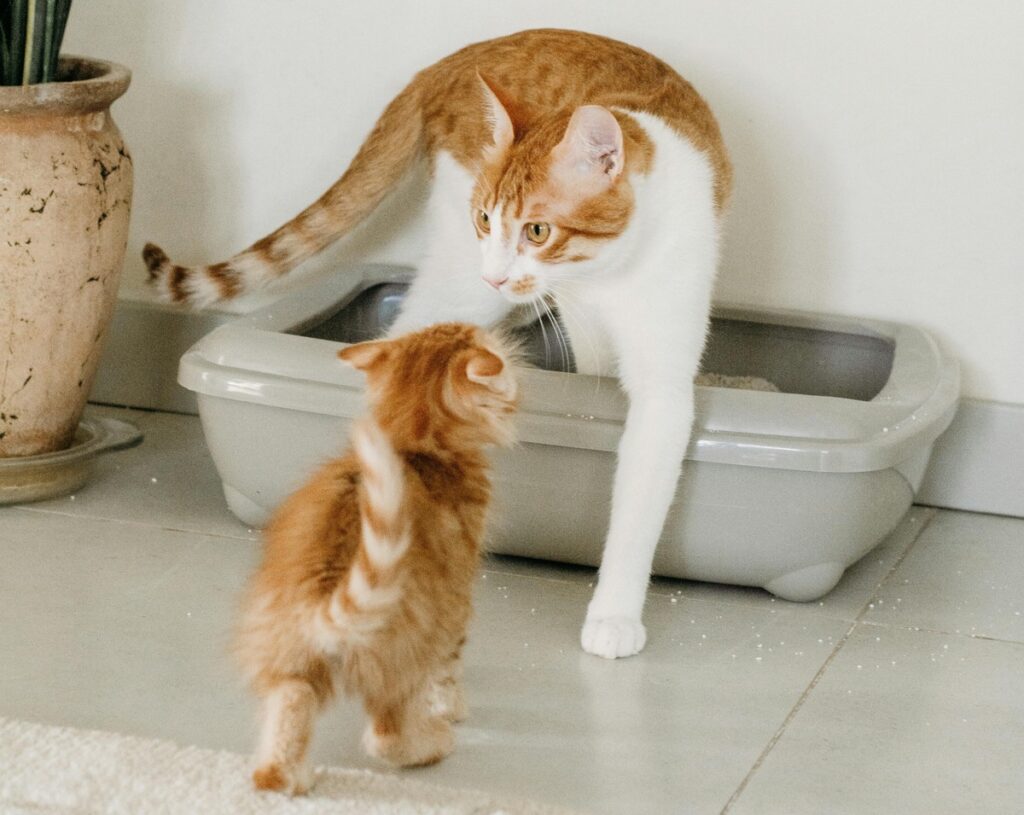
If your cat starts avoiding the litter box, urinating outside of it, or showing signs of straining while urinating, it could signal a urinary tract infection (UTI), bladder stones, or kidney disease. Similarly, increased or decreased urination can indicate diabetes or kidney problems. Any changes in litter box behavior should be addressed promptly to prevent further complications.
8. Swollen Abdomen or Abdominal Pain
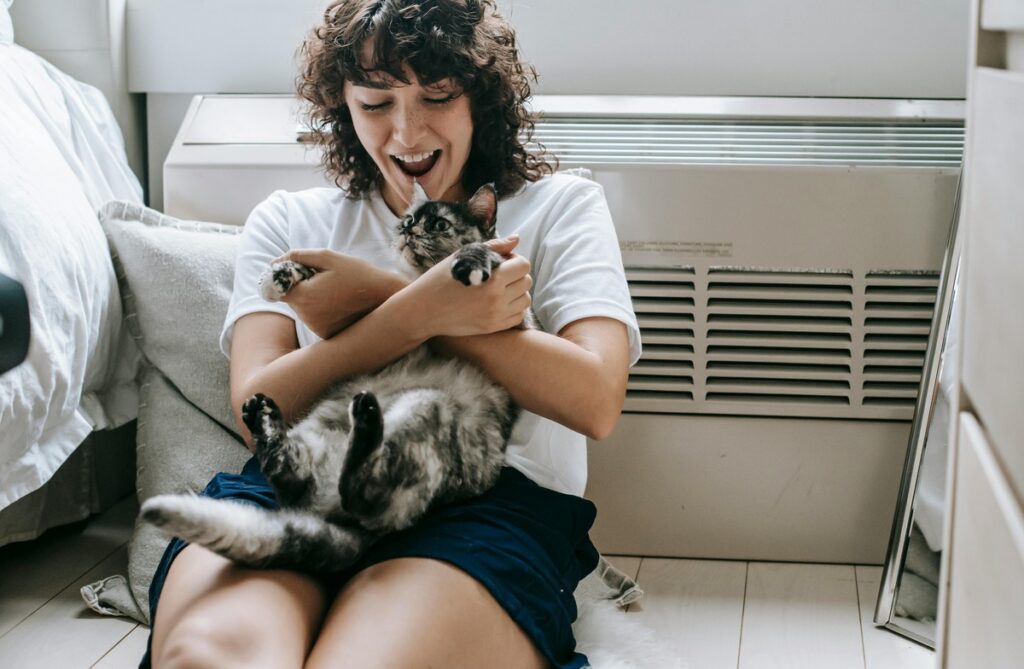
A swollen abdomen or signs of discomfort when your cat’s belly is touched could be a sign of fluid retention, intestinal blockage, or more serious issues such as liver disease or cancer. If your cat’s stomach feels hard or distended, or they show signs of pain when touched, this requires immediate veterinary attention.
9. Excessive Drooling or Bad Breath
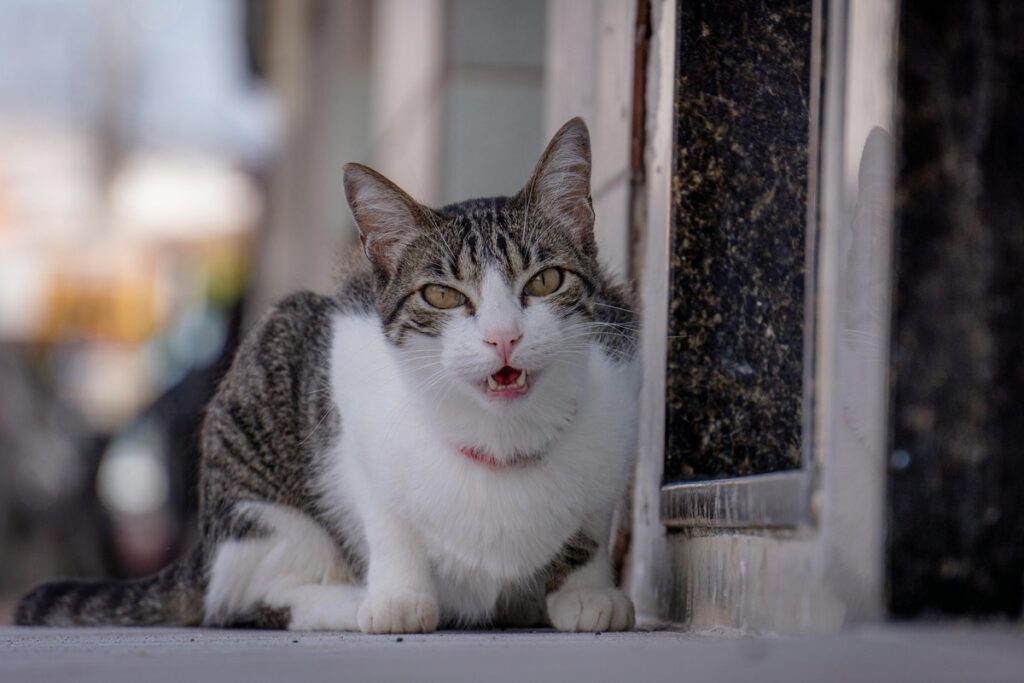
Excessive drooling can be a sign of oral problems, including dental disease, gum infections, or tooth decay. Cats with severe oral infections may also have bad breath (halitosis), which can indicate a serious condition affecting the teeth, gums, or even the kidneys. Regular dental care is essential to prevent these issues from escalating.
10. Unexplained Vomiting or Diarrhea
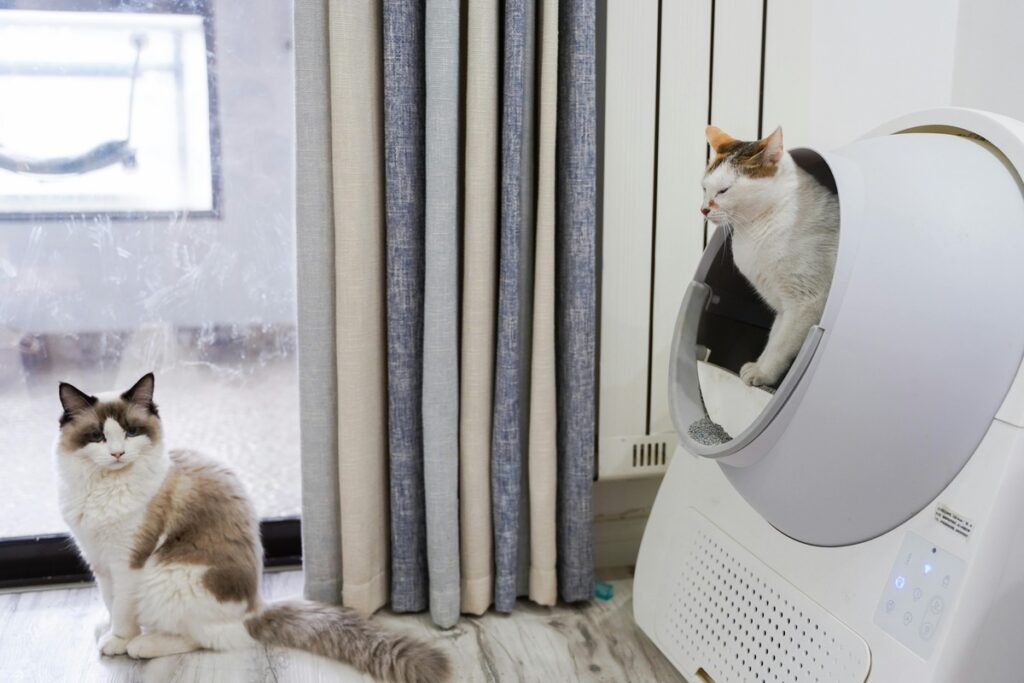
While occasional vomiting or mild diarrhea may not be a cause for concern, frequent vomiting or chronic diarrhea can indicate intestinal parasites, infections, or more severe conditions like pancreatitis or liver disease. If your cat vomits regularly or has diarrhea that lasts more than 24 hours, it’s crucial to get them checked out by a vet.
11. Changes in Eye Appearance or Discharge
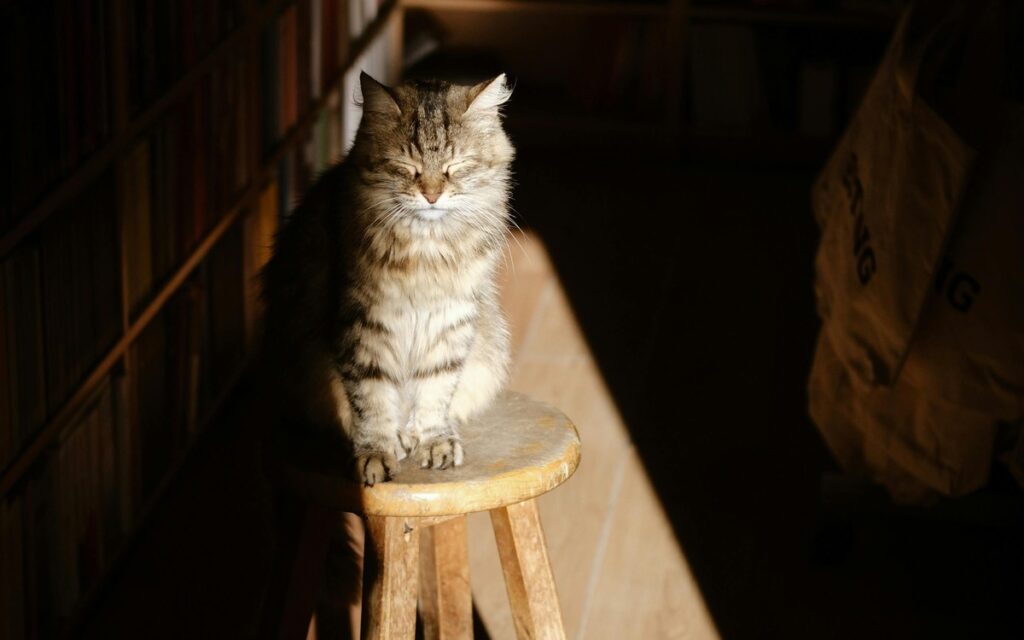
Discharge from the eyes or noticeable changes in the appearance of your cat’s eyes (such as redness, cloudiness, or squinting) could indicate an eye infection, glaucoma, or even more severe conditions like retinal issues. Additionally, pupillary changes (one pupil larger than the other, or unequal pupil dilation) can signal neurological problems that require immediate attention.
12. Increased Sensitivity or Pain
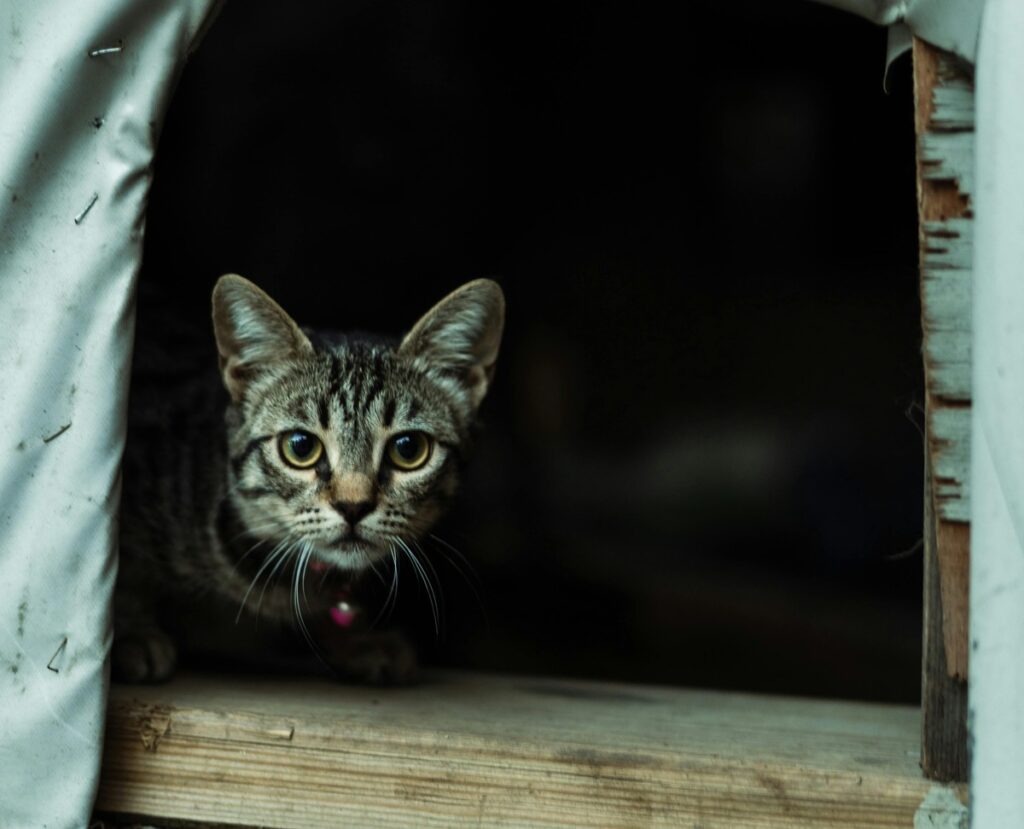
If your cat is suddenly very sensitive to touch, especially around certain areas of its body (such as the back or legs), it could be a sign of arthritis, injuries, or other painful conditions. If your cat reacts strongly to being picked up or touched in certain areas, it could indicate that they’re suffering from joint pain, infections, or internal issues.
13. Changes in Vocalization
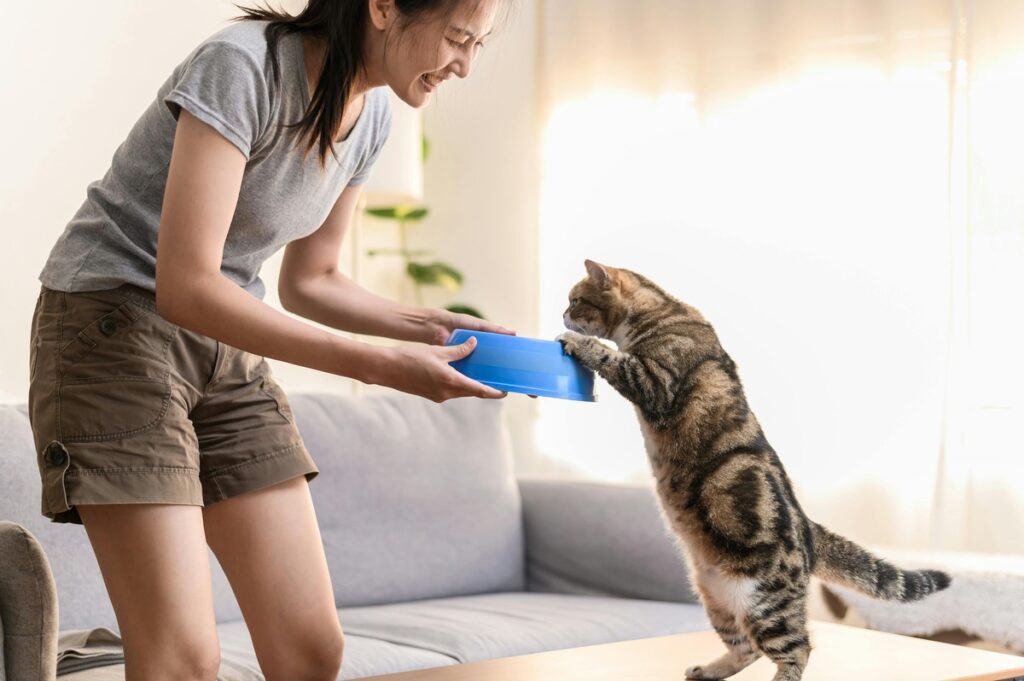
A change in your cat’s vocalization, such as more frequent meowing, growling, or hissing, can indicate that they are in pain, stress, or discomfort. Cats may become more vocal if they are in distress or trying to communicate that something is wrong. Any change in your cat’s usual vocal patterns should be carefully monitored.
When to Seek Veterinary Care
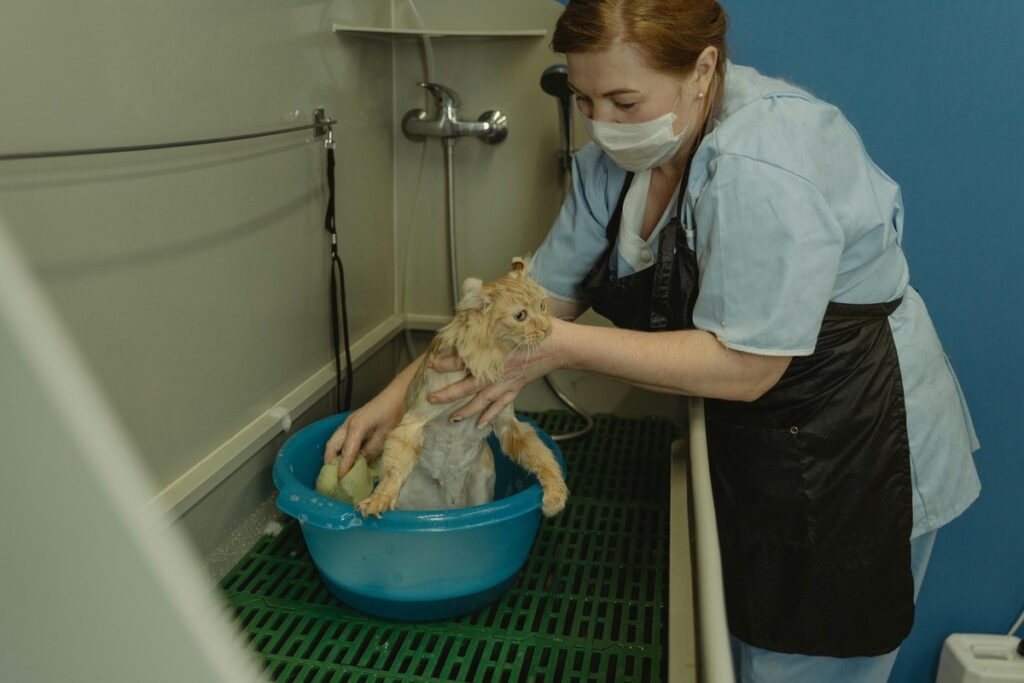
Even the slightest change in your cat’s behavior or physical health should not be ignored. Cats are masters at hiding pain and illness, but these subtle signs can be the key to identifying potential health problems before they become serious. If you notice any of the changes listed above, it’s important to consult a veterinarian to ensure that your cat receives the care it needs. By staying alert and attentive to your cat’s health, you can help ensure they live a long, healthy, and happy life.

